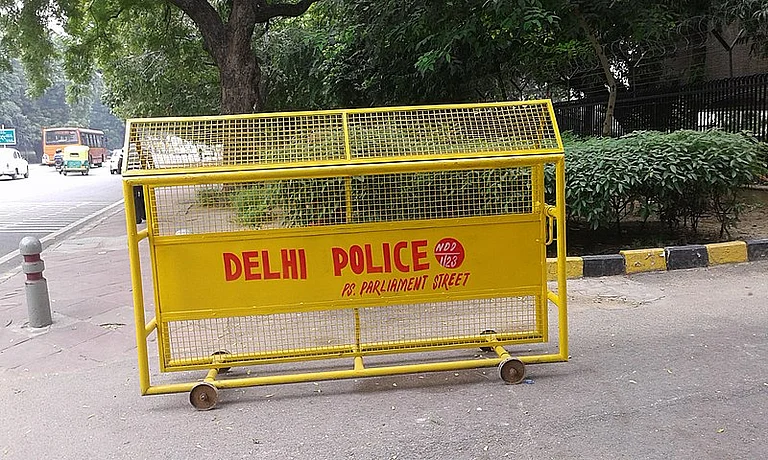Talbot revels in relating disturbances, violent incidents, Hindu-Muslim riots, and the follies of short-sighted politicians. His profiling of leaders is fascinating. He describes Jawaharlal Nehru as "a thorough-going socialist, though he unhesitatingly follows Gandhi in some most unsocialistic channels". He found Vallabhbhai Patel, by contrast, to be an "authoritarian, anti-Communist ‘iron man’." About M.A. Jinnah, wrote Talbot on July 22, 1947, "by sheer cerebral power he pushed himself and his community from strength to strength".
Strength or weakness? Today, as India and its neighbour Pakistan celebrate sixty years of their Independence, his view is worth a reflection.
To illustrate Jinnah’s relationship with Lord Mountbatten, Talbot quotes a Muslim League leader: "Mountbatten’s amazing. He knows when to listen to Jinnah, when to agree with him, when to take his advice, when to bully him, and when to let him down with a bump. The extraordinary thing is that Jinnah likes him and thinks he’s fair." In his ‘Afterword’, he writes: "Whether Jinnah ever considered the Pakistan demand a bargaining chip...I find it hard to know."
These letters do make pleasant reading. On culture and social customs, you will doubtless enjoy the reports on two Punjabi weddings and the piece on a mushaira (poetry session). There is a nice piece on a Kashmir village, which is preceded by a rather interesting essay on the escalating crisis in the valley. In another letter (March 24, 1941), Talbot talks of Mohammed Iqbal’s message of Muslim nationalism, adding, "the stirrings among the younger Muslims that resulted from his poems have had their reflection on the Khaksar movement, the strong agitation for Pakistan, and a general strengthening of youth activities within Islamic circles in Lahore". One virtue of this book is that every paragraph of it is redolent of the 1940s and to bring it up to date would require the composition of a completely new book.
After spending five days with Gandhiji in East Bengal’s Noakhali district, Talbot came away convinced that "the ageing leader is clinching his place in the Hindu pantheon". In the same letter (Feb 16, 1947), he provides a vivid and incisive description of what went wrong in Noakhali.
Talbot wrote his last letter from the subcontinent on February 7, 1950. It concluded with the observation: "While India is going through a difficult period, I leave the country feeling that it holds within itself the necessary remedies, providing that it incorporates more Gandhism than cynicism into its national life." Food for thought, Mr Editor, for your next column.


























